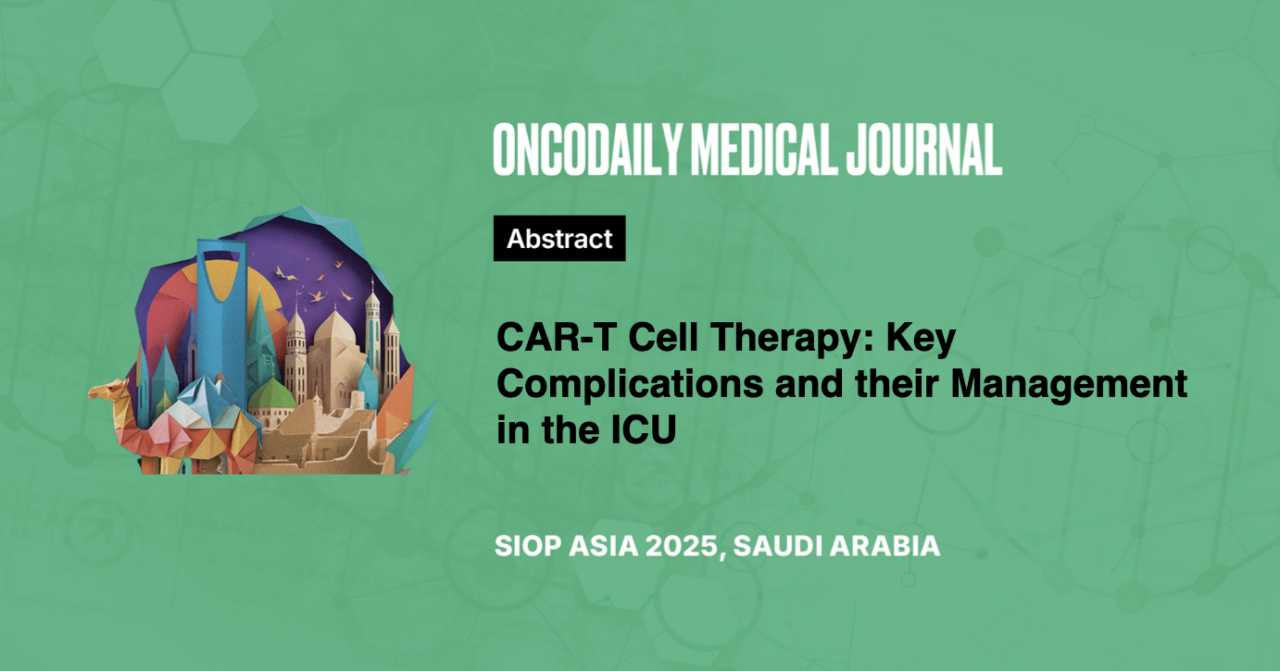CAR-T Cell Therapy: Key Complications and Their Management in the ICU
Abstract
Introduction: CAR-T cell therapy is an innovative and groundbreaking treatment for refractory or relapsed B-cell ALL. However, alongside its promising therapeutic outcomes, CAR-T cell therapy is associated with a range of unique and potentially life-threatening complications. The most prominent among these are cytokine release syndrome (CRS) and immune effector cell-associated neurotoxicity syndrome (ICANS). Here we evaluated the key complications of CAR-T cell and their Management in the ICU in children with refractory ALL.
Methodology: The first administration of this therapy in Russia took place in 2018 at the Dmitry Rogachev National Medical Research Center for Pediatric Hematology, Oncology, and Immunology. 57 children with acute lymphoblastic leukemia underwent anti-CD19 CAR-T therapy in period 2018-2020 years.
Results: Approximately one-third (29%) of them admitted to ICU (n=17; 12 boys and 5 girls, age median was 8.8 years) due to severe clinical manifestations of these syndromes (ICANS⩾3 grade, 35% (n=6); CRS⩾3 grade 65% (n=11). The median day of admission after CAR-T infusion was 8.4 days. At the time of initiation of therapy using CAR-T, patients had already undergone pre-therapy, and the tumor size was significant. All these patients (n=17) required O2-therapy, 70% (n=12) needed mechanical ventilation, 88% (n=15) -vasopressor support, 11% (n=2) underwent extracorporeal detoxification procedures and 35% (n=6) required intensive therapy for cerebral edema.
Мost of the patients were in aplasia and had infectious complications. Gram negative flora was identified as the most common agents. Specific therapy such as dexamethasone and an inhibitor of IL-6 were employed in all instances, while an inhibitor of IL-1 – in 5 cases (29%). The mortality rate was 18% (n=3), the direct causes of non-relapse death included: septic shock (n=1), brain death (n=2).
Conclusion: It is essential for intensive care specialists working in oncohematological centers to possess the knowledge and skills necessary for the timely diagnosis and emergency management of these complications.





